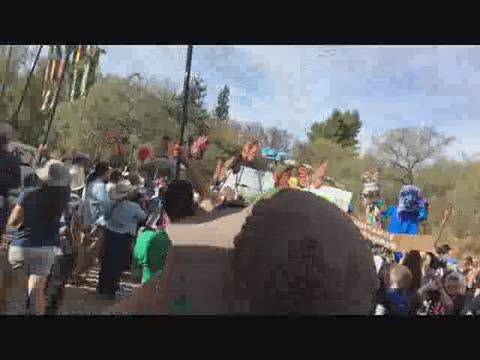

Chinese Activists Coming to AmericaA report back that includes meetings, what they saw, dialogues with U.S. activists, and finally, what we can learn from each other
Lee Siu Hin
|
|---|
Video
|
|---|
 http://www.activistvideo.org/views.asp?id=5286 |
|---|
Video |
|---|
Video |
|---|
回到中国访问团主页 |
英文 English |
图片 Photos |
视频 Videos |
|---|
Please Donate to Immigrant Solidarity Network to Build China-U.S. Bi-National Activism Project Every Donation Counts! Send check pay to: National Immigrant Solidarity Network/AFGJ
|
|---|